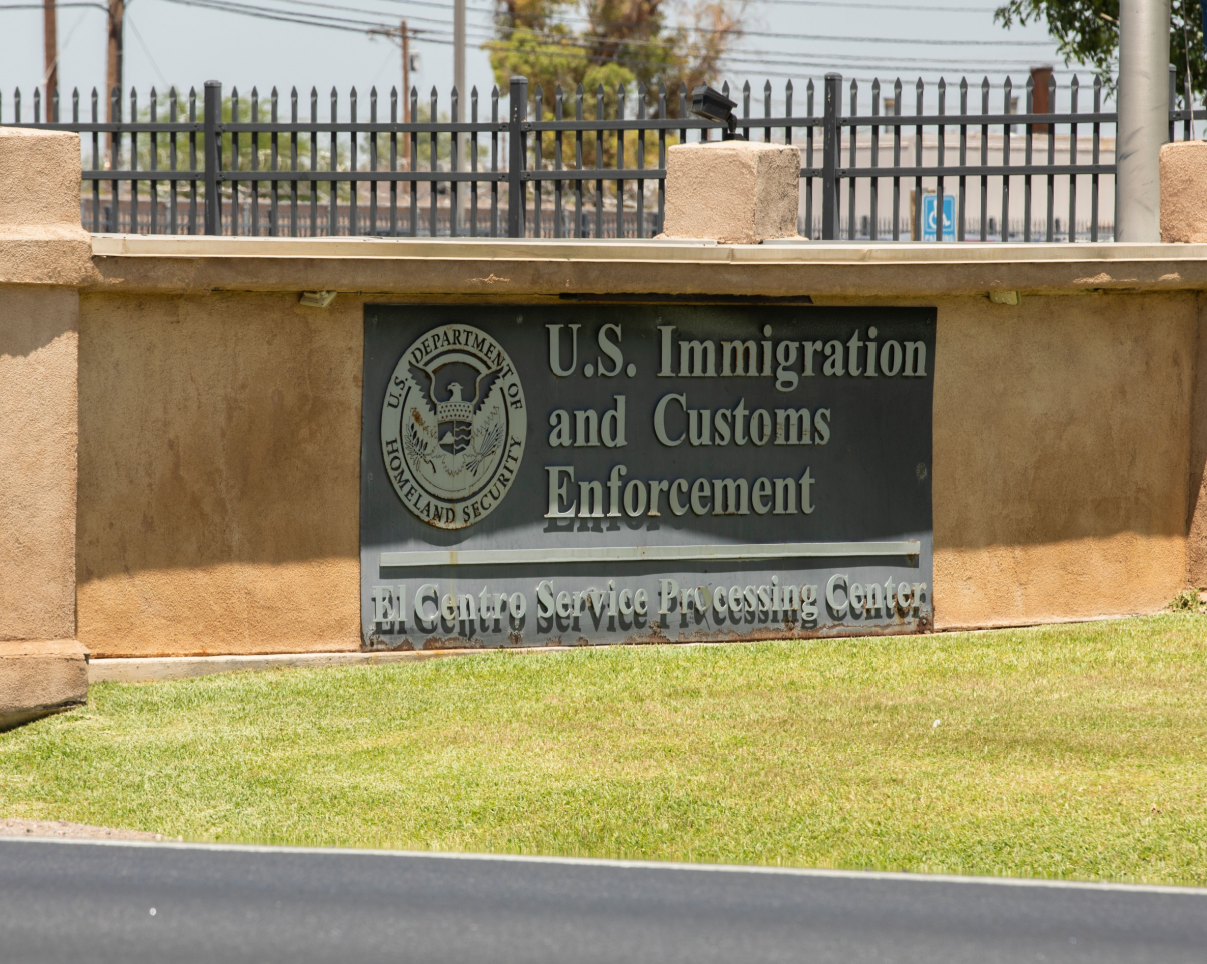Landlords cannot block or prevent ICE from pursuing lawful action.

Landlords: What to Do if ICE Arrives at Your Rental
What are landlords supposed to do if and when ICE (Immigrations and Customs Enforcement) arrives at your rental property?
According to ICE, their agents are tasked with “finding and deporting specific individuals based on existing deportation orders and criminal convictions.” Contrary to the hyperbole in the news, ICE says it “does not conduct raids or sweeps and does not target noncitizens indiscriminately.”
Some of the targeted individuals will undoubtedly live in rental communities, and ICE will seek to find and remove them from those communities. While landlords are not required to cooperate with ICE, they cannot block or prevent ICE from pursuing lawful action.
Landlords and ICE: 4 things landlords to consider if agents come to your rental property
No. 1 – First and foremost, maintain a professional demeanor. Engaging with law enforcement can be scary and intimidating. Keep in mind these agents are looking for a targeted individual they deem to be dangerous. Harsh or abrasive behavior will only serve to escalate the matter.
No. 2 – ICE cannot enter private areas without consent, or a warrant. If you are presented a warrant, make a copy and contact your legal counsel immediately.
No. 3 – If a housing provider is asked if a specific targeted individual lives on the property, there is no obligation to provide that information, but there is also no prohibition in providing that information. If you are asked for rent rolls, resident logs or tenant files, you must be given a warrant allowing them to obtain that information. The landlord’s records belong to the landlord.
No. 4 – Politely refusing to assist law enforcement is quite different than providing aid and comfort to a targeted individual. Do not provide false or misleading information or make any attempt to hide an individual. Obstructing a federal investigation carries harsh penalties. Tipping off a targeted individual to avoid arrest puts the ICE agent’s life in danger, increases the likelihood of a violent confrontation on your property, and is a federal felony that carries substantial prison time.
Need Legal Help?
Chat with a real estate lawyer near you. It’s only $5 for a 1-week trial. Ask unlimited questions.
What if ICE asks for list of all tenants?
Recently, one of our clients was approached by federal agents and requested a list of all current tenants, including vehicle information.
They did not present a warrant.
Following the guidelines above, the manager explained, in a professional manner, that she would provide that information for any targeted individual they were looking for, but a complete list of all tenants, with the details they asked for, was too broad and would require a warrant.
A few days later, they were given a warrant for specific information regarding a targeted individual. Management complied with the warrant and the individual was removed from the property.
Protect your property and other tenants
In dealing with these situations, protecting the property and the other residents in the community is a serious consideration.
If ICE presents a warrant, they will complete their task with or without management’s cooperation.
That may include a hard takedown of an individual or individuals in your community. ICE will give no regard to any damage to the property if they have to kick in doors, use tear gas or use other tactics.
Also you cannot recover from ICE for any damage they do. The landlord can charge the resident for property damages caused by law enforcement activities. Good luck collecting if they are in jail or fled the state.
This also increases the risk to other members of the community. Dangerous targeted individuals often don’t go quietly. Not cooperating with the arresting agency will not prevent the arrest, but it may lead to serious property damage and put your other residents in harm’s way.
Landlords must recognize their duty to their tenants, their duty to obey the law, and their duty to protect the other residents in their community. This can be a tightrope balancing act from a precarious height.
When things get serious, call your attorney.
Source: Rental Housing Journal













 Accessibility
Accessibility